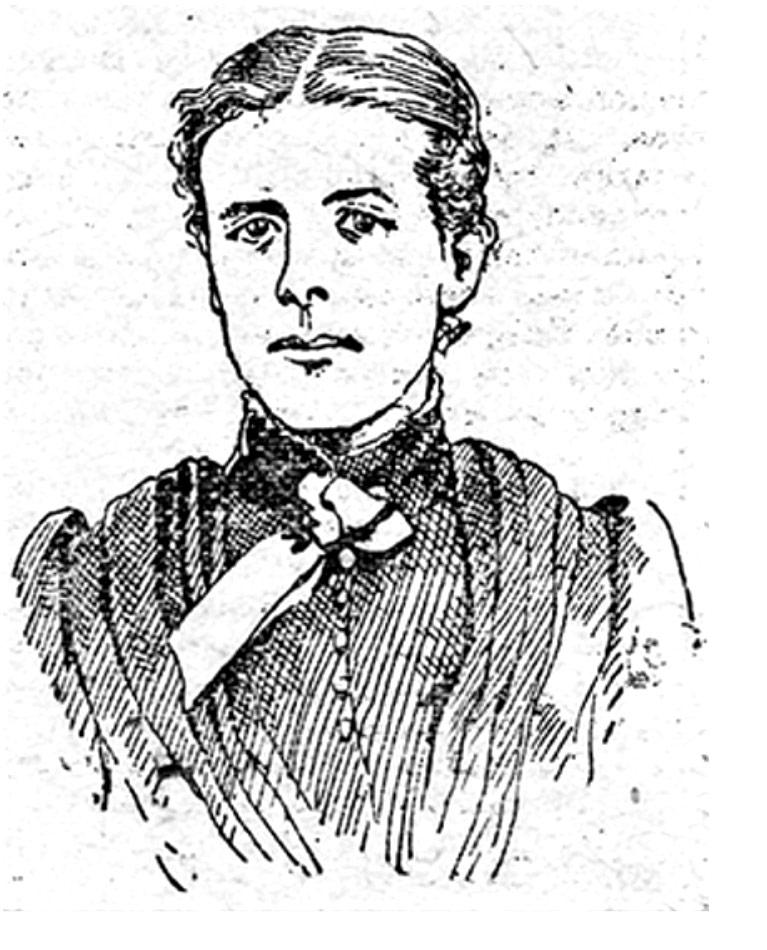
The Power of Working Women
Stockport Suffragist: Hannah Winbolt 1851 – 1928
Hannah Winbolt was born in a working class family in Stockport. She received a part-time education at a small school until she turned eight and then had to start work in service. At 12 she began working in a cotton factory however during the cotton famine when there was no work her family had to rely on poor relief. Working in the factory severely hampered her health so at 16 she went to live and work with her uncle, a silk weaver until she married in 1874.
Winbolt’s enthusiasm for women’s rights was instigated on a chance meeting whilst travelling on a train to Manchester. One of the most esteemed early leaders of the British suffrage movement, Lydia Becker, asked her to sign a petition in support of women’s suffrage and from this Becker recruited Winbolt to join the campaign for women’s rights.
Winbolt was then elected to the committee of the union of Women’s Liberal Associations for the Manchester area and founded a branch of the association in Hazel Grove. Her experience as a working class woman was invaluable to a movement that could be heavily dominated by the middle classes. In 1892, Winbolt was chosen by the Manchester National Society for Women’s Suffrage to present to Parliament a petition by 4,292 Cheshire textile workers, requesting women be appointed factory inspectors to improve the working conditions of women and children in the mills. Also in 1892, Winbolt was elected as a “Progressive Candidate’ for the Executive Committee of the Women’s Liberal Federation and the following year became a delegate to the National Women’s Federation. She received wide press recognition in 1902 for a Women’s Suffrage Petition signed by 29,359 textile workers to Lancashire MP’s to present to Parliament.
Winbolt had great a great talent at speaking at events promoting women’s suffrage. She was credited at giving rousing speeches and using humour to get her message across, especially in response to hecklers. It was novel to hear her Cheshire accent amongst the middle class audiences. She spoke about many social and political issues such as the rights of working women and children, education of children, housing the poor, equal pay, Home Rule for Ireland and fair trade amongst others.
Winbolt appears to be a campaigner who was able to work alongside lots of other women’s suffrage organisations. She was a fan of the Co-operative movement setting up her own Co-operative Store in Great Moor and spoke at the opening of the local Co-operative Women’s Guild. She spoke at both the ‘Suffragists in Stockport’ in July 1905 as well as the ‘Suffragettes at Stockport’ in September. The letters she wrote to local newspapers show her concern for suffragettes suffering in prison but there was no evidence she took part in Suffragette tactics.
For International Women’s Day 2018, the area between Prince’s Street and Redrock in Stockport was renamed ‘Suffragette Square’ to honour four local women who fought for women’s suffrage, one of which was Hannah Winbolt. Her scrapbook consisting of her published letters and newspaper cuttings is now archived in Stockport Central Library.
Useful Links
(We take no responsibility for links to external websites. We have no control over the nature, content and availability of external sites. The inclusion of any links does not necessarily imply a recommendation or endorse the views expressed within them.)
